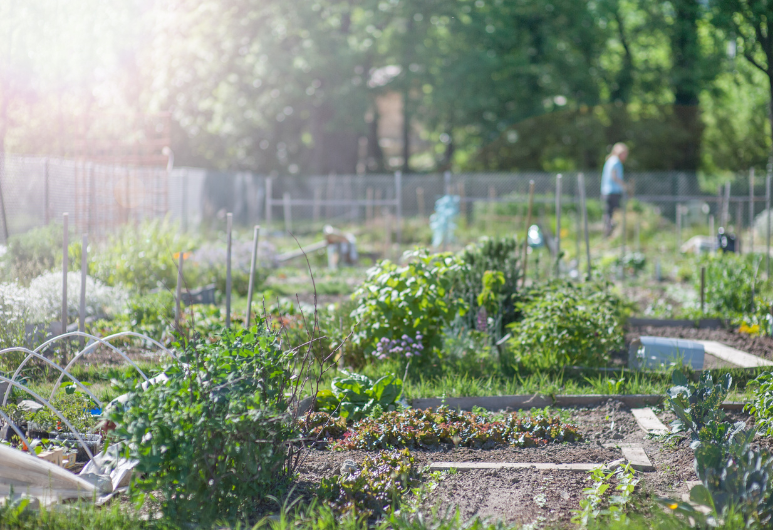Gardens serve as our introduction to the world of caring for the environment. Community gardens have the same purpose, except they are community-managed spaces different from a public park where somebody else maintains it. For community gardens, it is the responsibility of the residents to design, build and sustain the space for the use of community members.
Whether the community garden is located at a school, hospital, nursing home, or a small neighborhood, there are diverse ways to manage it and reap the benefits from gardening. Here are four reasons why community gardens should be on your hobby list.
Eat healthy and better quality food.
Gardening isn’t a new idea. Families commonly had backyard gardens and small farms to access reliable and nutritious food. Even though the supermarkets today also sell fresh and organic produce, growing our food ourselves is more trustworthy and rewarding since we know where it came from.
Experience a boost in mental wellbeing.
Researchers from the University of Florida conducted an experiment to show that gardening can effectively improve mental health. Spending time in nature benefits our physical and mental health, particularly with the abundant supply of oxygen from plants that help us breathe deeper and reduce stress levels. Because gardening also encourages regular routines, it can create a soothing rhythm that can aid in improving anxiety levels and relax our minds.
Get children off their screens.
Involving kids through gardening lessons is a valuable way to get them into a hobby that isn’t tied to a digital screen. While they may get inspiration online by watching videos and downloading instruction manuals, a trip to the library to pick up some books about gardening and plants can also help. Proposing schools to bring back gardening in the curriculum is also beneficial for kids in the long term, seeing how it benefits them physically, mentally, and socially.
Improve social life among the elderly.
Community gardens have become an excellent reason for residents to go out and see their neighbors. Some enjoy gardening to be therapeutic, while there will be others who love to have a chat about how their plants are doing. Since it is a public space, the shared responsibility between community members also encourages cooperation and friendships. Rather than tending to one’s garden, people look out for each other and give tips, building a strong sense of community visible through the health of their gardens.
Final thoughts
For those new to gardening, cultivating roots in the city can mean more than growing plants and fruits. Settling down and building relationships are crucial to making a community garden work, whether it’s for single households, young families, or retired couples who want to be surrounded by a vibrant and caring community.
Sources:
https://www.moms.com/gardening-lessons-help-kids-develop-maturity/

